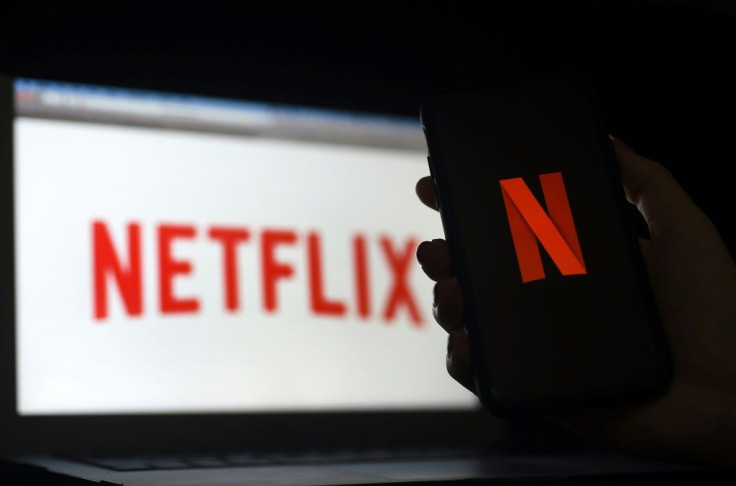Netflix Starts An Epic War Against Disney And Amazon In India

Netflix has started an epic war against Disney and Amazon in the Indian video streaming market. In mid-December, the American streaming video giant slashed its prices as it tried to gain market share against its biggest rivals.
Video streaming is a global industry that grows at fast rates. Global streaming rose at an annual rate of 21% in Q3 2021, according to Conviva, the intelligence cloud for streaming media. In Asia, video streaming grew at 46%, led by western Asia, which grew at a whopping 200%, followed by southeastern Asia, which grew by an extraordinary 164%, and southern Asia, which grew 71%.
As the industry grows, so is competition among streaming giants to develop the right global/local bundle and pricing to expand their subscription base.
"The competition in the global streaming market is heating up, with subscription services fighting for every subscriber or viewer in their direct-to-consumer relationship strategy," says Keith Zubchevich, CEO of Conviva. "It's a race between local/national streaming services as well as the global media companies, with the goal to acquire as many subscribers as possible. Netflix has proven there is a clear sensitivity to subscription price and acquisition/retention. In this global race for subscribers, pricing actions will certainly be the norm."
And it will change the game in the Indian streaming market, according to Dennis L. Reed II, head of development at Homestead Entertainment.
"Netflix cutting pricing is a game-changer because as Bollywood and Nollywood are huge in terms of genres that bring in the largest audiences in movies," he said. "Netflix is definitely undercutting the other streamers such as Tubi, Disney and Amazon Prime. There will be some specials and changes made to other streamers because of it. Disney has levels to Disney Plus, so they may have to reduce pricing on several levels as well as Prime."
Netflix's aggressive pricing in the Indian market comes when the video streaming giant is running out of profitable opportunities at home, as evidenced by a prolonged decline in economic value added (EVA) before the outbreak of the COVID-19 crisis.
EVA is usually measured as the difference between the return on invested capital (ROIC) and the weighted average cost of capital (WACC) or the number of investment dollars it takes to produce the return on invested capital.
Economists and financial analysts use EVA to measure a firm's effectiveness in allocating funds to profitable business opportunities. EVA is also a sign of whether the firm creates or destroys value as it grows.
Netflix's EVA has dropped from 33% in 2010 to negative-11% in 2013 and negative-3% in 2019, according to Gurufocus estimates, meaning the company destroyed rather than created value as it grew during that time.
The decline in Netflix's EVA coincides with a couple of developments. One of them is market saturation at home, the drying up of the pool for new subscribers. That's when younger companies reach maturity and their growth slows, and there's a fight for market share, which leads to price wars.
Then there's the company's shift of subscription growth from the domestic to the overseas markets, where revenue per subscriber is lower than in the U.S. In the third quarter of 2020, Netflix revealed that its average monthly revenue per paying subscriber in North America was $13.40 per month, compared to $7.27 per month in Latin America and $6.97 in India.
Lower international subscription rates could explain the wedge between membership growth and revenue per membership the company has reported in recent quarters. In the fourth quarter of 2020, the average paid streaming memberships increased 23%, while the average revenue per membership remained flat year over year, both on a reported and foreign exchange neutral basis.
Things are expected to get worse as the company is cutting prices further in places like India, where it tries to catch up with Amazon, Disney and local competitors, which have a lead in local content.
Editor's Note: The writer owns shares of Disney.
© Copyright IBTimes 2024. All rights reserved.






















